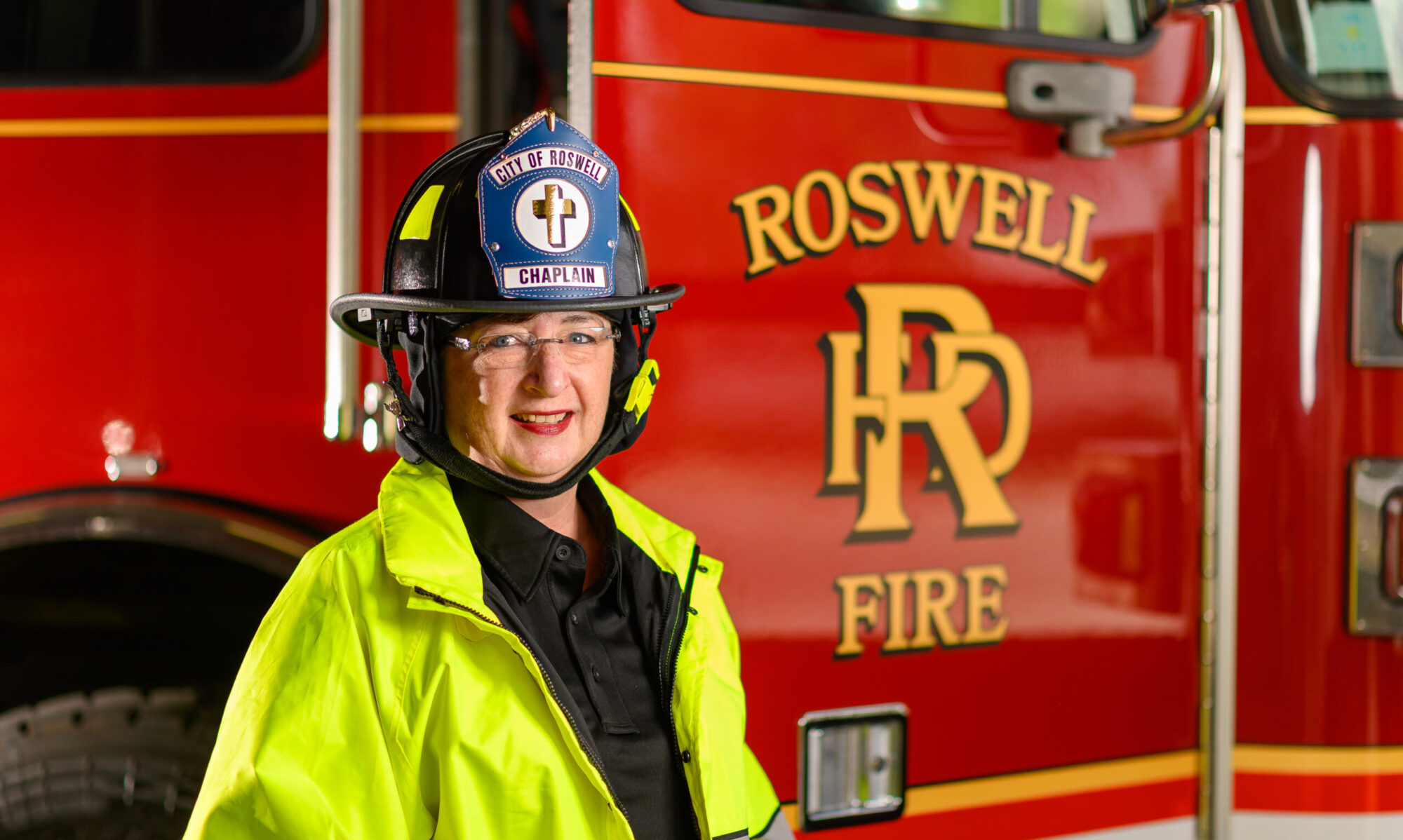
photo by Stanley Leary
We are about a month into my sons deployment. For the most part it isn’t too different from him being away at his stateside base or away at college. At least we pretend it isn’t most of the time. You see, you try not to dwell on the fact that he is in a war zone. He isn’t just away at work or college. He is in a dangerous place.
We are family members of a 1 percenter, a member of the U.S. Military. One percent or less of our population serves in a branch of the U.S. military. That means in our town, that is far from a military base, very few of our friends and acquaintances know what it is like to have a close family member in a war zone. For the most part people are supportive when they learn he is in a war zone. But at least once a week I have a less than supportive conversation, usually with an acquaintance, but sometimes with someone who should know better.
At a veterans day luncheon at our church a few weeks ago a veteran and JROTC teacher asked me what my son is doing in Afghanistan. When I told him the general description he said, “Wow you must be worried. My son was over there, but he didn’t have THAT kind of assignment. I’d be worried all the time if I were you.” Definitely not a helpful or supportive comment.
In the grocery store a neighbor asked how we are doing. I told him I was there buying things to send to my son. His response? “I thought we weren’t sending anyone over there any more.” Really? I couldn’t believe he didn’t know we are still sending troops.
These interactions reminded me of the many blog entries I have read written by spouses or family members with deployed soldiers. I can now relate to their posts in a whole new way.
Most of the time I don’t allow my mind to go to the scarier scenarios. But when I do I know I am not alone. Many military moms before me and now have the same fears. I’ll list a few to give you an insight into what a military family carries with them under the surface.
My son, and many, many others, have to wear armor and carry a weapon just about every where they go. It isn’t for show. They never know when they will need to protect themselves, and the people they are with, from an attack.
I used to like surprise visits. Now I dread the thought of an unexpected knock on the door. If there is a death in a war zone an uniformed team from the Army will visit the next of kin to let them know the horrible news. If you are going to visit a friend with a loved one in a war zone, call them first to let them know you are coming.
Related to the unexpected knock is the late night phone call. Don’t call late at night unless it is an emergency. We hope when the phone rings late at night it will be our soldier calling to say hello. We dread that it will be bad news.
Another upsetting scenario is the unexpected dark car in the driveway or in front of our house. Again, if you are going to visit, call first let me know what kind of car you drive.
Spouses or parents of deployed service members should have an up to date passport. If there is a severe injury it will help to get out of the country quickly. In some cases they will expedite a passport. I don’t want to think about that need, but I do want to be prepared.
Just FYI. . .as part of his job my 20 something son had to detail what his wishes are if he should die in the war zone. We had to discuss his wishes. While it wasn’t an easy conversation to have, I am glad to know what my son would want. Most non-military parents will never have this kind of conversation with their children when they start their first job out of college.
I know people who have no experience with a military member try to relate our experience to what they have experienced. You really can’t. Maybe certain aspects are similar, but unless you have a family member who has to carry a weapon to protect themselves while away on a trip, it isn’t the same.
I have a young teen at home who misses and worries about her brother. Please be sensitive to her feelings, and mine, and don’t express your worries or feelings about the war. It doesn’t help.
We appreciate offers to pray for us and our son. Sending us patriotic emails with photos of flag draped coffins and a note about their sacrifice is not helpful.
Patriotic music and other songs that remind me of my son will make me tear up. Allow me those moments.
I will keep my cell phone with me at all times, on vibrate when appropriate. I never know when my son may call. I will answer the phone no matter what is going on if I see it is him.
Please understand that at different times I can talk about the situation and other times I may cry. Crying is a normal reaction to what we are going through. Don’t stop reaching out and being supportive because you are uncomfortable when I get teary. Stay and listen. Hugs are good too, at least for me. Some people need a few minutes to stay in their fear and grief and don’t want a hug. If in doubt what to do to support someone, ask them what they need to feel supported.
For the most part my friends and extended family are supportive. This past week I found out the number of men in my son’s platoon. I had a week to collect and send items for everyone so they would get there for Christmas. The out pouring of donations and financial support was amazing. Within a week we had enough snacks and gifts to fill a gallon size zip lock bag for each person in the platoon, plus four other large flat rate boxes of items.
Friends from several different aspects of my life donated items and money. A few I have never met. One person, a friend of my son, came to help sort and pack everything. It was wonderful for my daughter and I to spend time with one of his contemporaries.
One local Citadel mom is a school teacher. She had her 3rd grade students write notes and draw pictures. We included one in each bag for the platoon members. She also provided hot chocolate, instant coffee and baby wipes for the care packages.
Other Citadel families are sending their gifts directly. I smile when I think of their caring and support.
If you’d like to be helpful to a family whose loved one is deployed ask them how they would like to be supported. It varies with each family. Our son is single. That adds a different dynamic than a married soldier. We have a good idea of what he is doing, but can’t tell others. Please don’t be offended if we can’t tell you everything. We can say enough that you should be able to know we need a friend.
The holidays will be over soon. The talk of giving slows down and people move on to their exercise routines and weight loss discussions in the new year. Our soldiers will still need gifts of essential items and home-made goodies as reminders that we appreciate their willingness to serve in the all volunteer armed forces. Mark your calendars for early January and send a card letter or package to someone who is deployed.
If you would like to learn more about military families and how to support them during deployment, I am including some links:
Emotional Cycles of Deployment: An Army Mom’s Overview
Things You Should Say to a Military Spouse During Deployment
11 Things Not To Say To A Military Spouse
Military Families Ministry How to Get Involved



